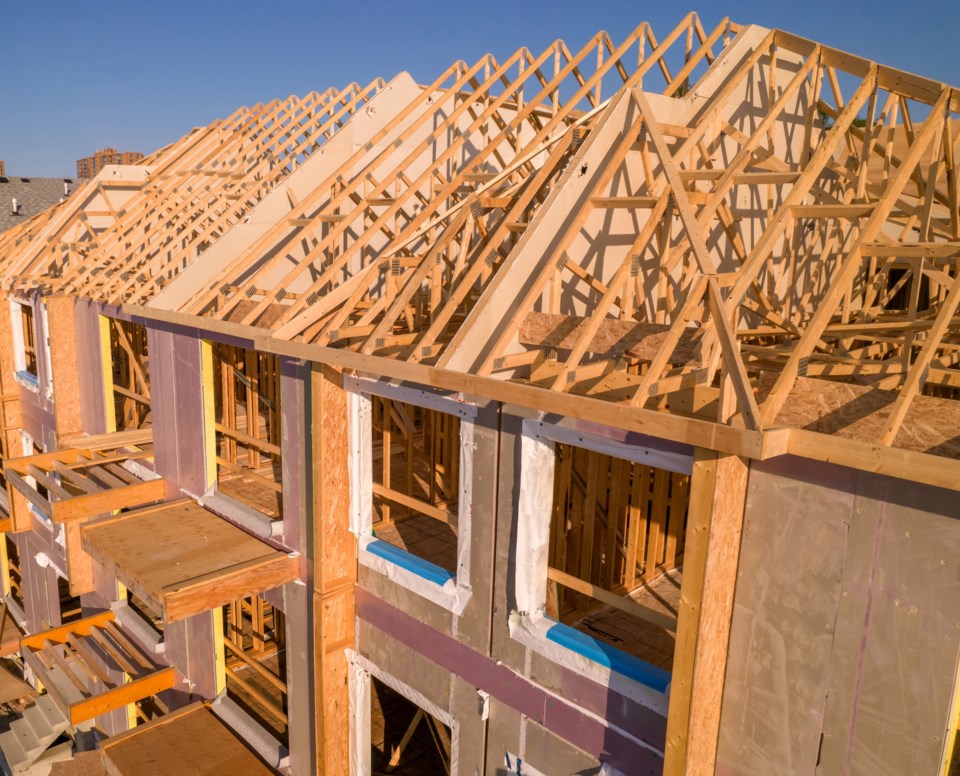THUNDER BAY – On Monday, Summer Stevenson will ask council to redefine affordable housing.
The project manager for the city's housing accelerator funding program is pushing for a definition based on people's income and not average market rent.
“Right now, affordability is tied to whatever that value is by bedroom. In the policy as it was presented last year, we recommended that affordable rents be targeted at 80 per cent of this average market rent value,” Stevenson told Newswatch in an interview.
Stevenson will present her report at Monday's committee of the whole meeting, where she will recommend a policy amendment to redefine the word “affordability” for the affordable rental housing funding program.
She said that after the first year of the program, her team recognized that the term “affordability” is better reflected through regional household incomes; therefore, not-for-profit organizations can apply for funding for housing projects in the 30th percentile for low-income builds, or the 60th percentile for moderate-income builds.
“What we're trying to do is better pair affordability with what people are actually making in Thunder Bay, instead of relying on the market to tell us what's affordable. We know that, year over year, we've been seeing large increases in rent at a much higher rate than household incomes are increasing,” Stevenson said.
“So, this will allow us to futureproof the policy in a way that in future years — should there be a large change to market rent (where) we don't see the same thing with household incomes — we're not looking at rents that have become completely unaffordable, even for the definition of the policy.”
The city's affordable rental housing funding program is only available for not-for-profit organizations to create low to moderate-income homes.
“The intent of the program is to provide additional funding to support these organizations in providing purpose-built housing and cover some of the gaps that exist today in how we fund these very big large projects that can get very expensive,” Stevenson said.
Under the current definition, the affordable rental housing funding program saw success this past year. According to the report, the program supported six eligible projects that will deliver 168 affordable and 42 market units, with a combined estimated construction value of over $77 million.
However, of the six funded projects only one has applied for a building permit, according to the report. The other five are still in the project design phase. Those projects will need to apply for a building permit within one year of signing a contribution agreement with the city to maintain their funding.
Under the revised definition, the program could see a stronger success rate because it will tighten the language, making it easier for not-for-profit and Indigenous developers to apply for the funding stream, said Stevenson.
“What it will mean is that there's more flexibility for the not-for-profits when it comes to housing solutions, so they can take a look at the income percentiles and take a look at the population that they intend to rent those units. Depending on the not-for-profit, they may have a specific client base that they're looking to target and then they're able to better adjust their proposed rents based on who they expect to be living in the units,” Stevenson said.
"Another change to the policy is that we have revised the preferred evaluation criteria so projects that propose deeper levels of affordability will be prioritized ... And then, should we hold an intake and we receive a bunch of applications, we'll be able to look at all of the submissions and do evaluations to see which ones meet the goals that we're looking for.”
